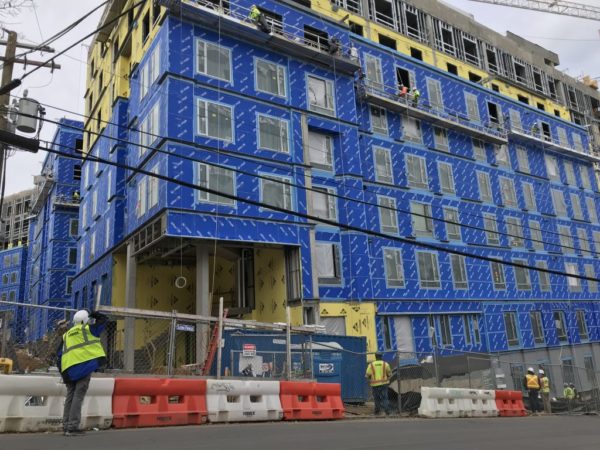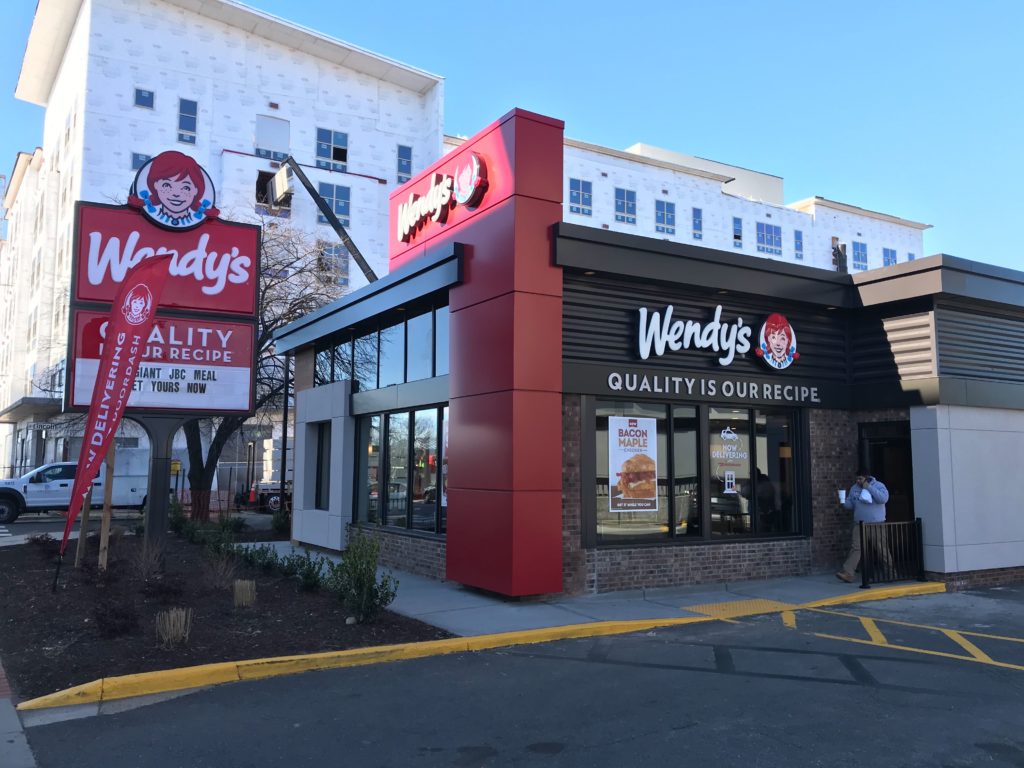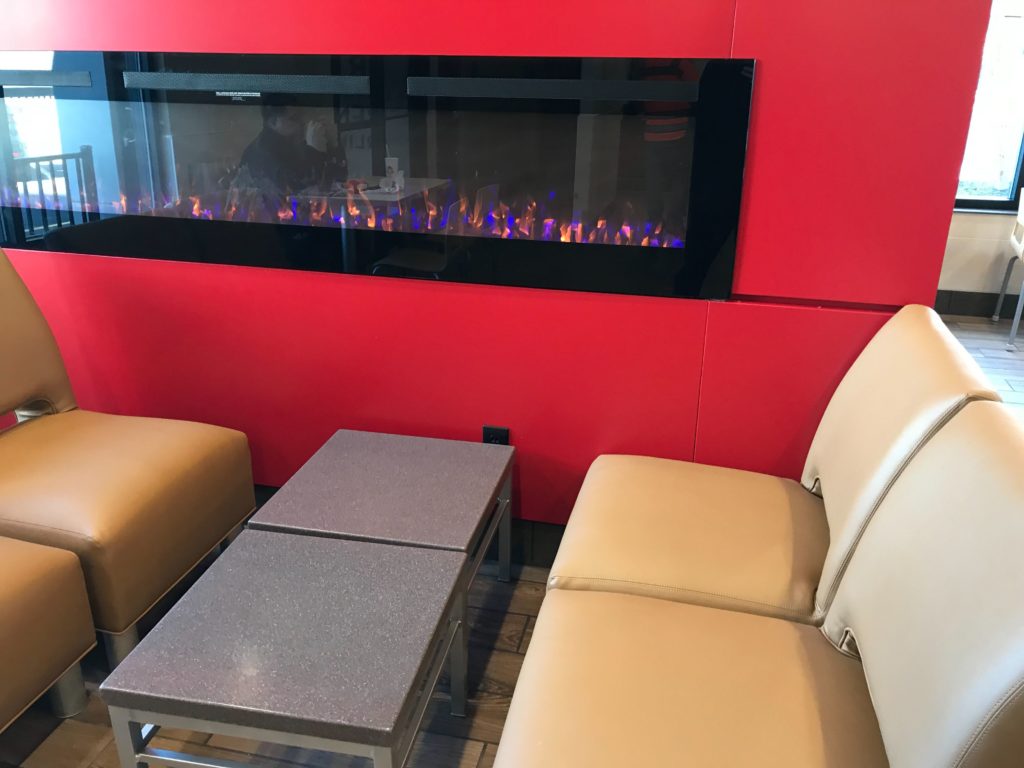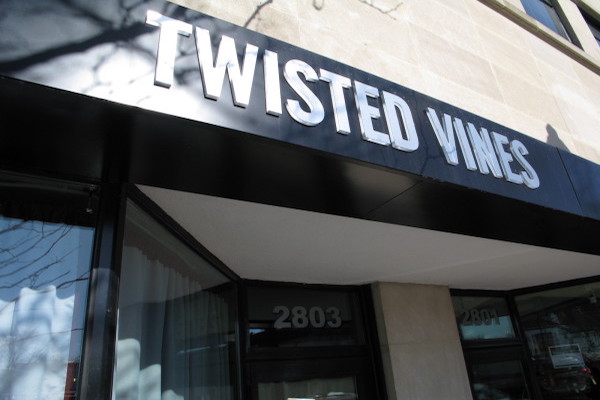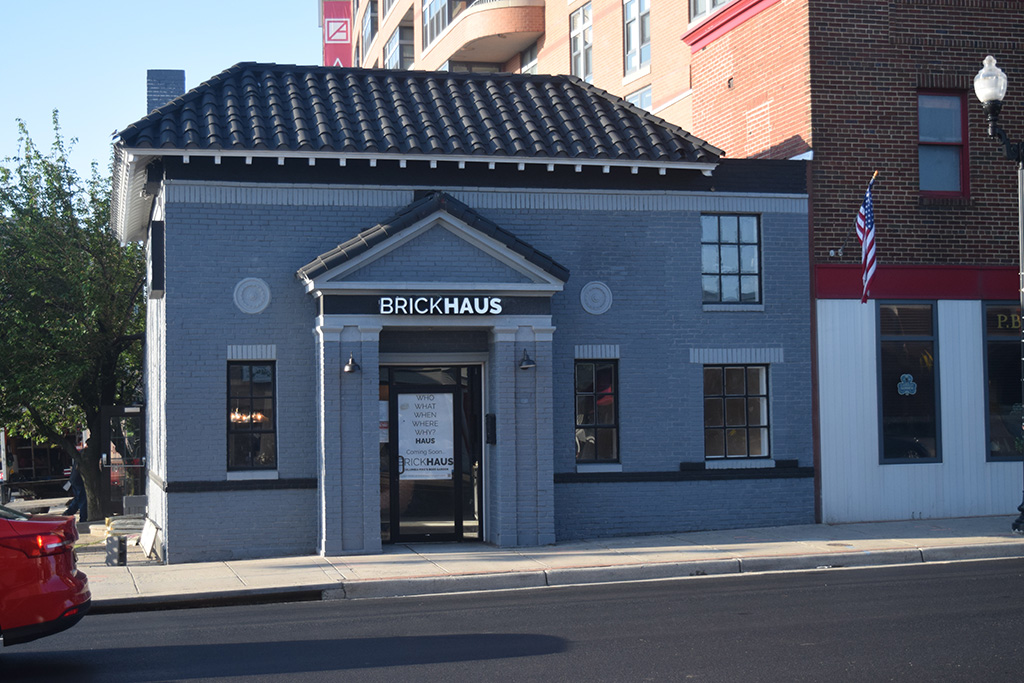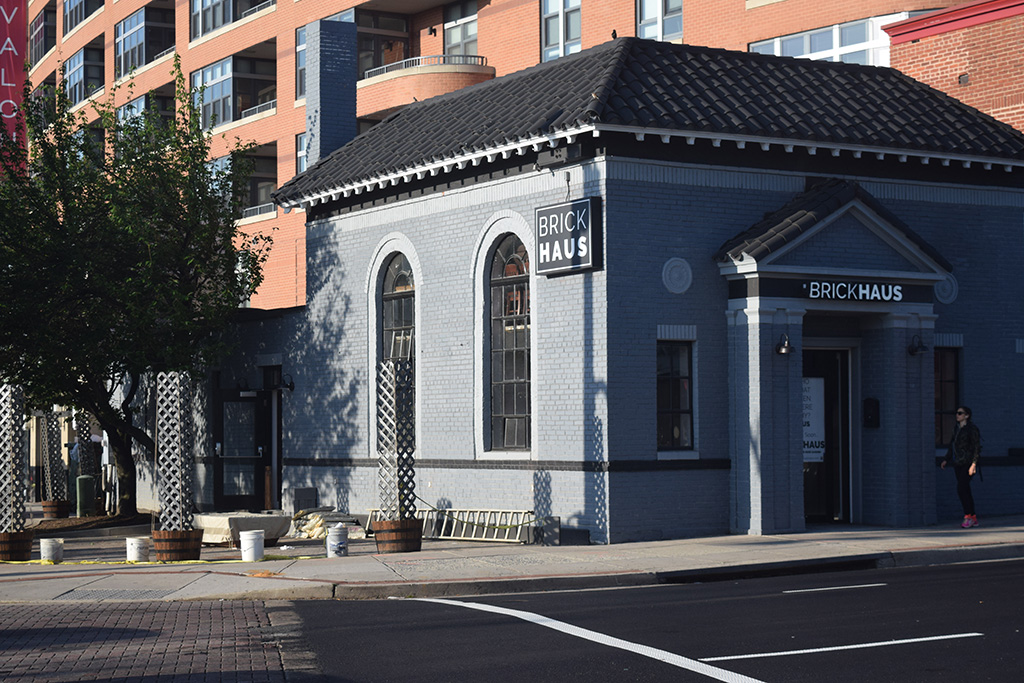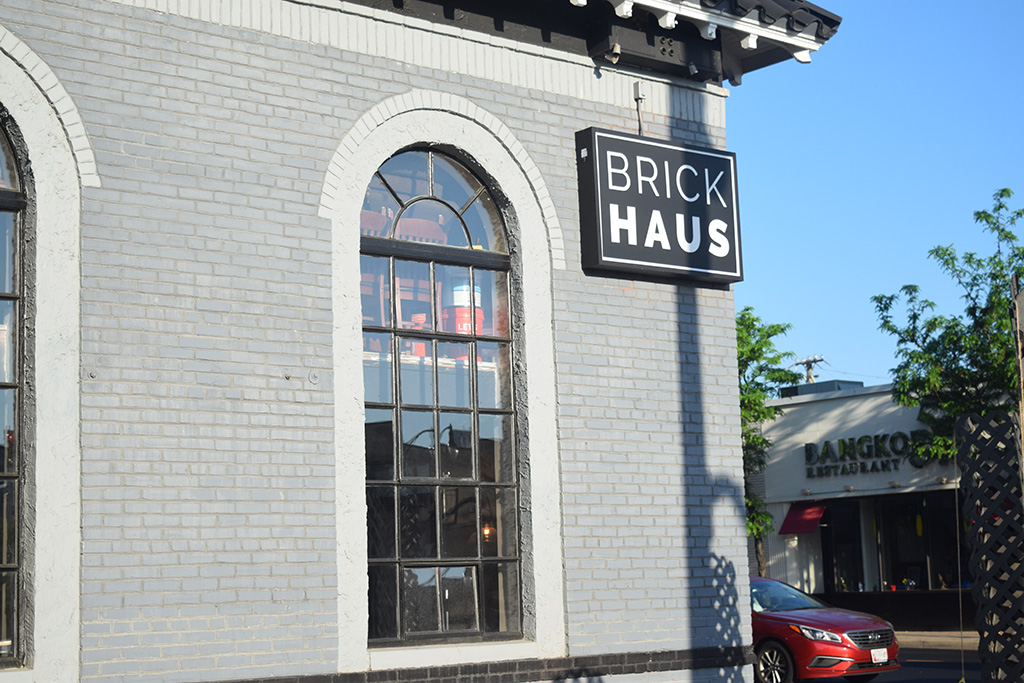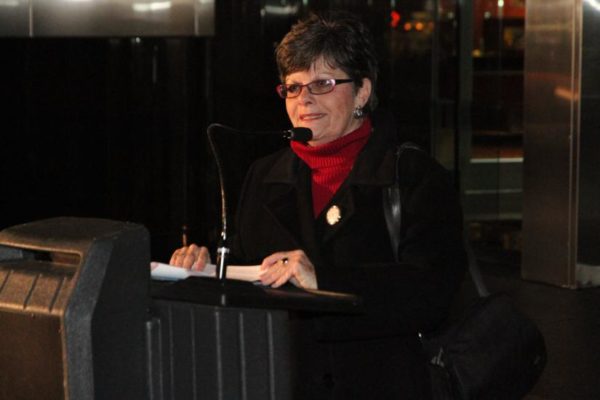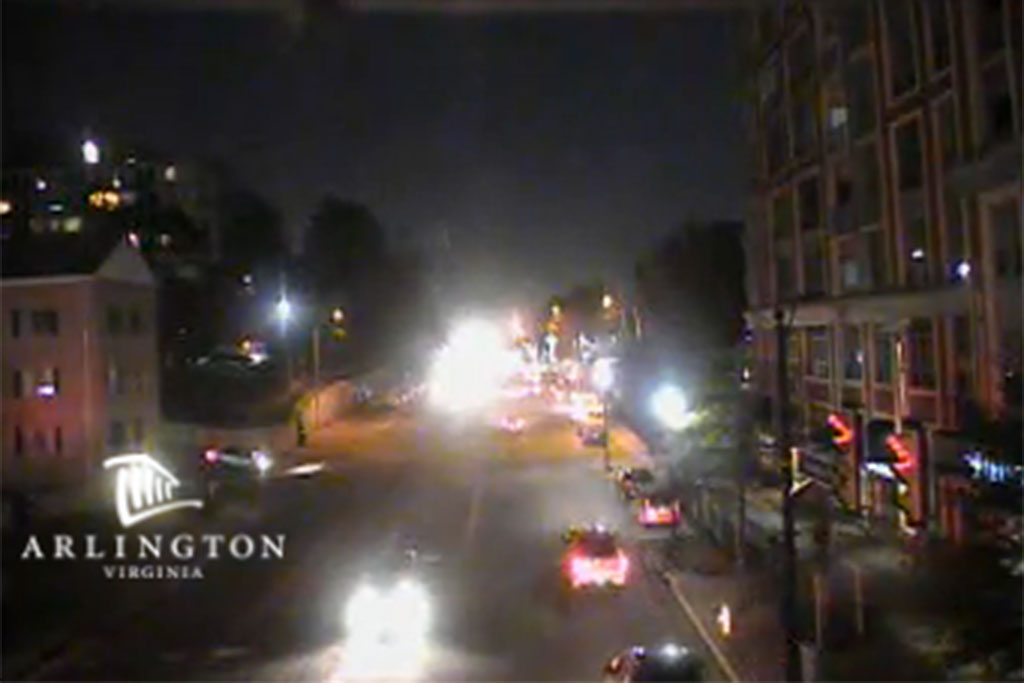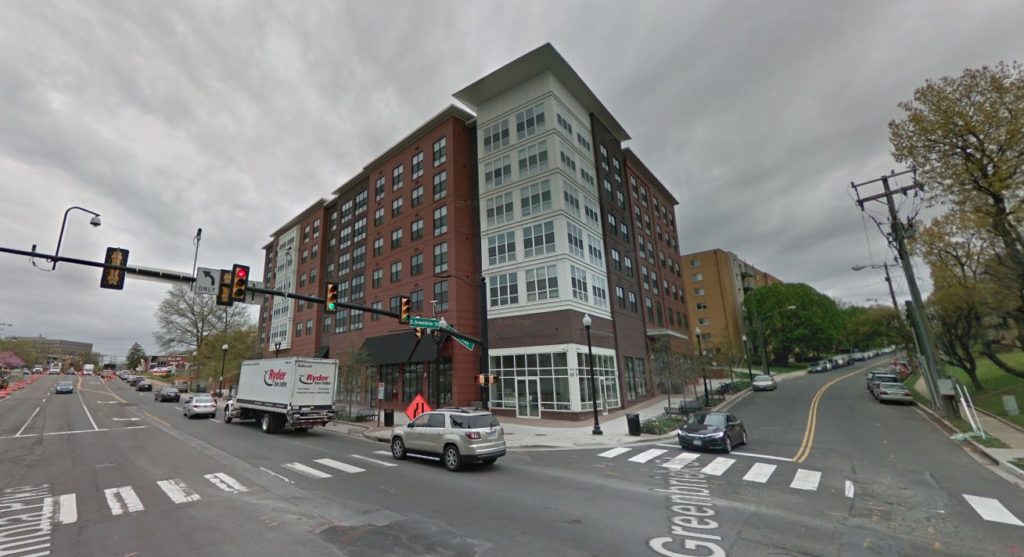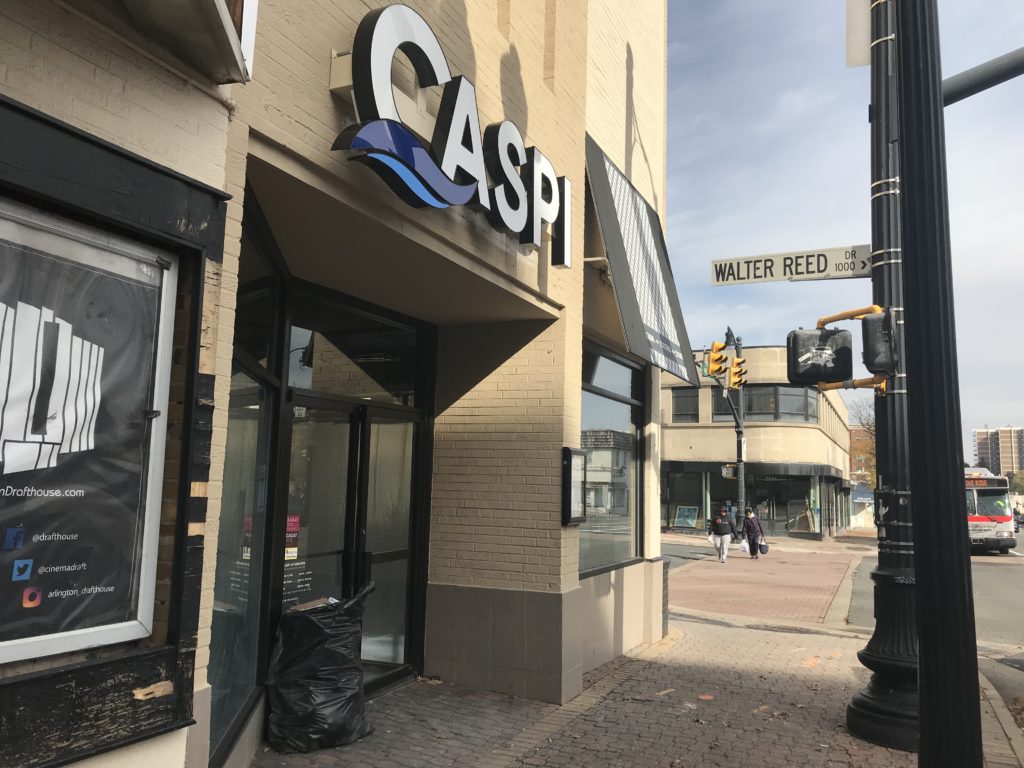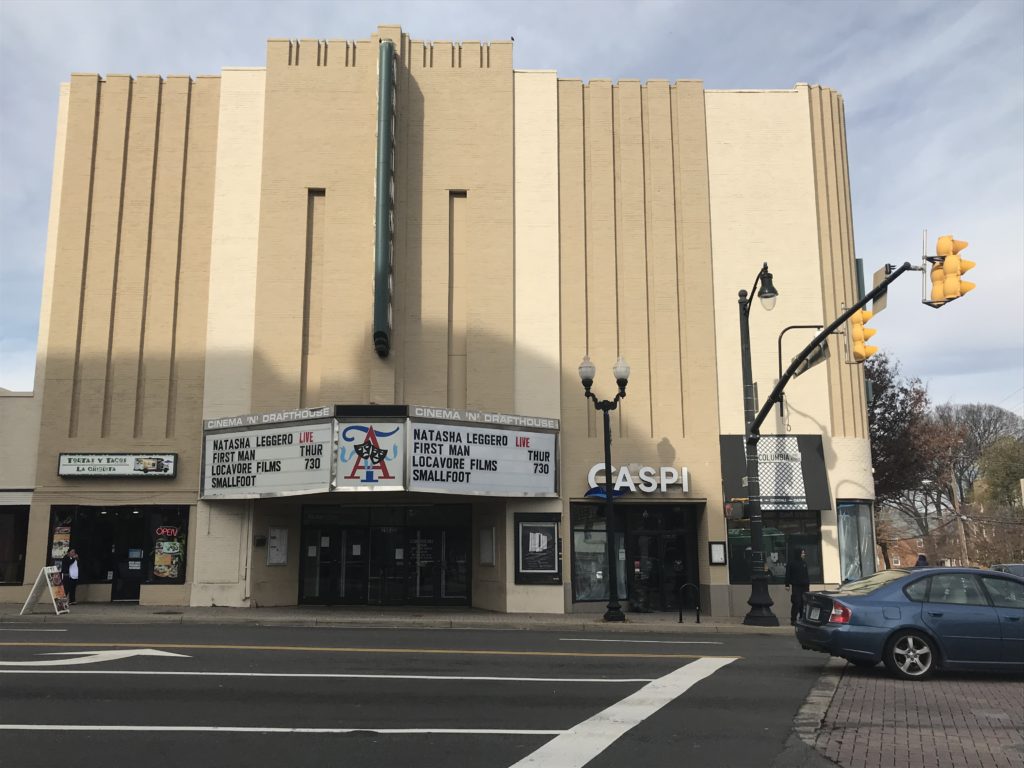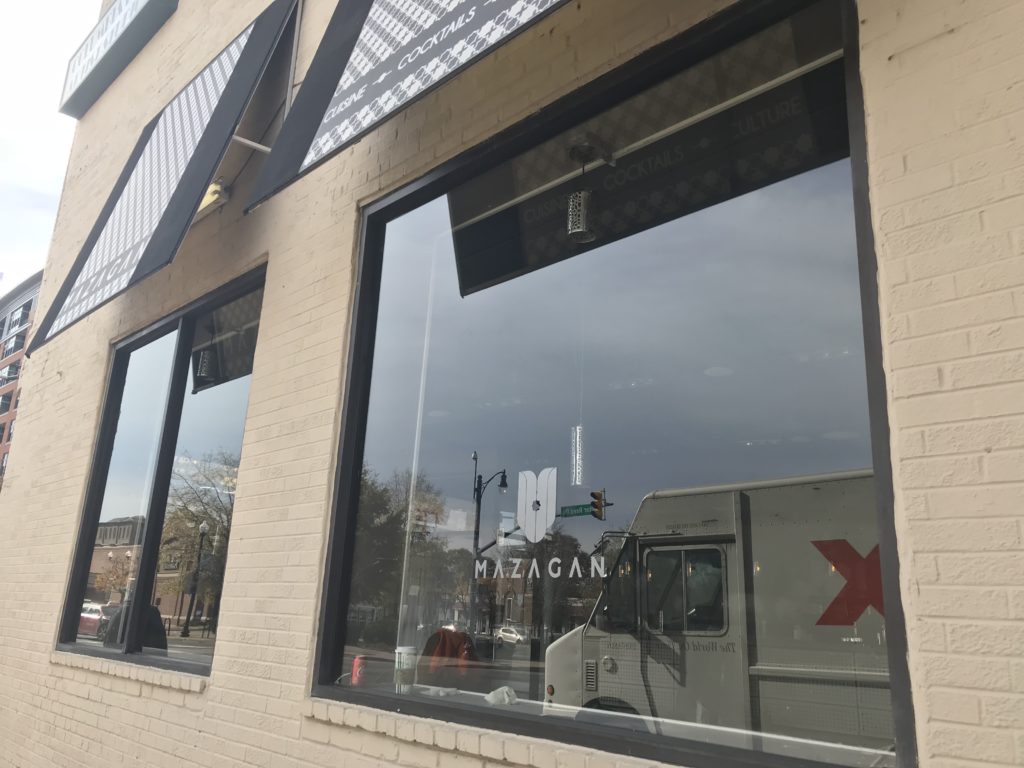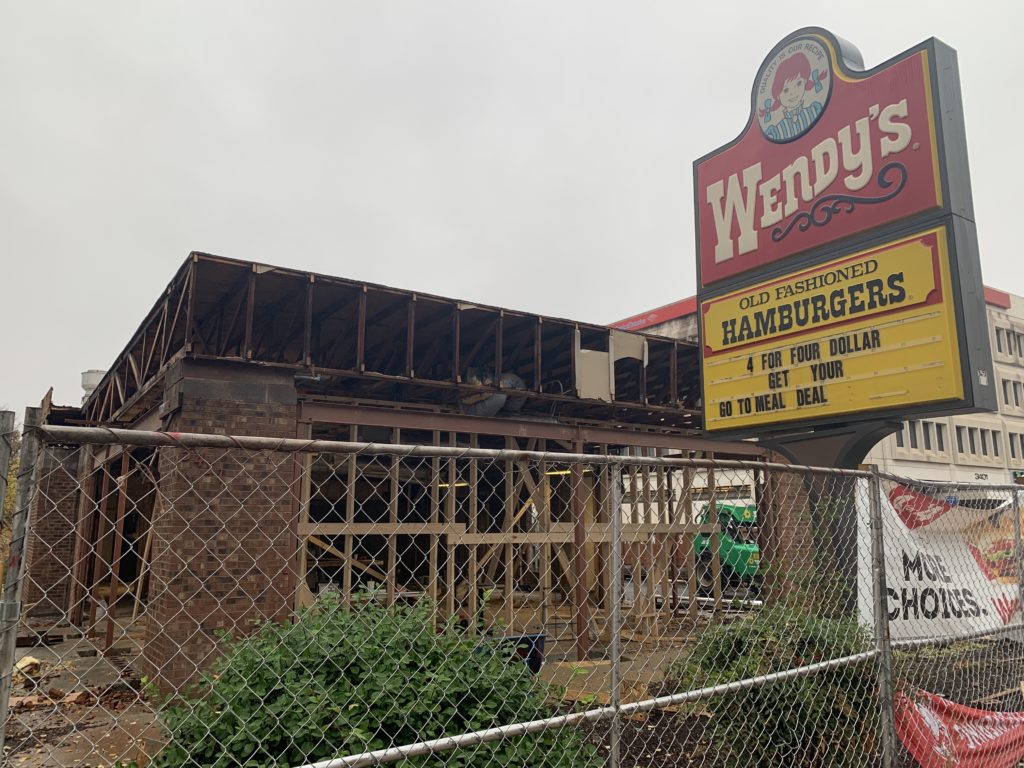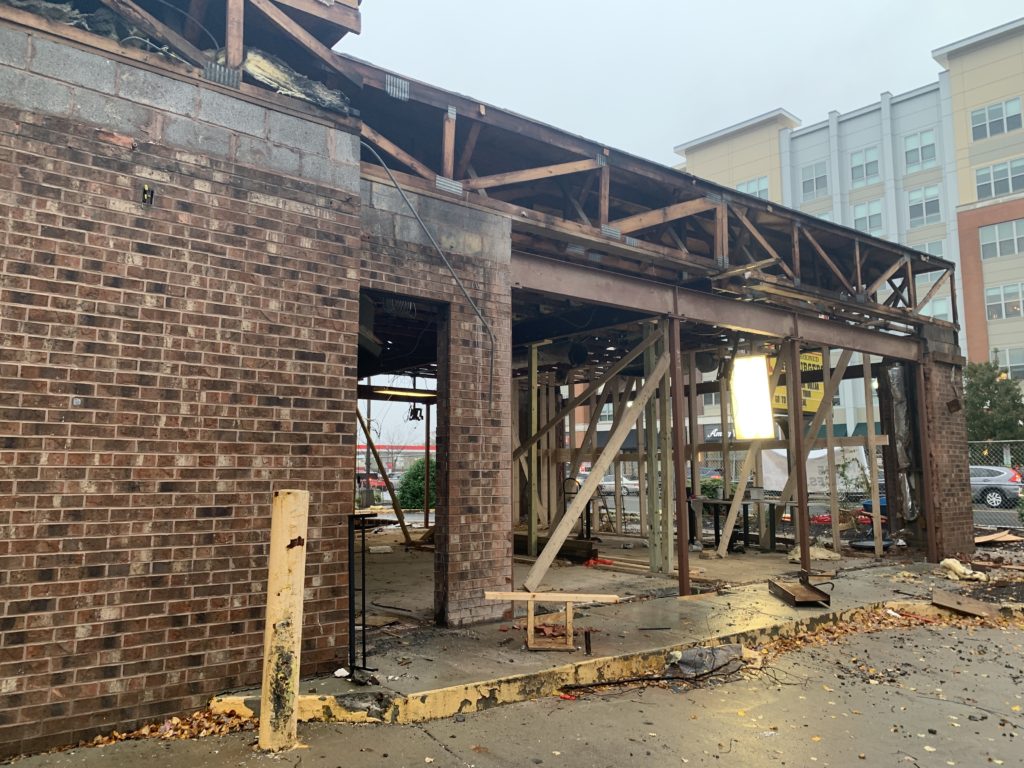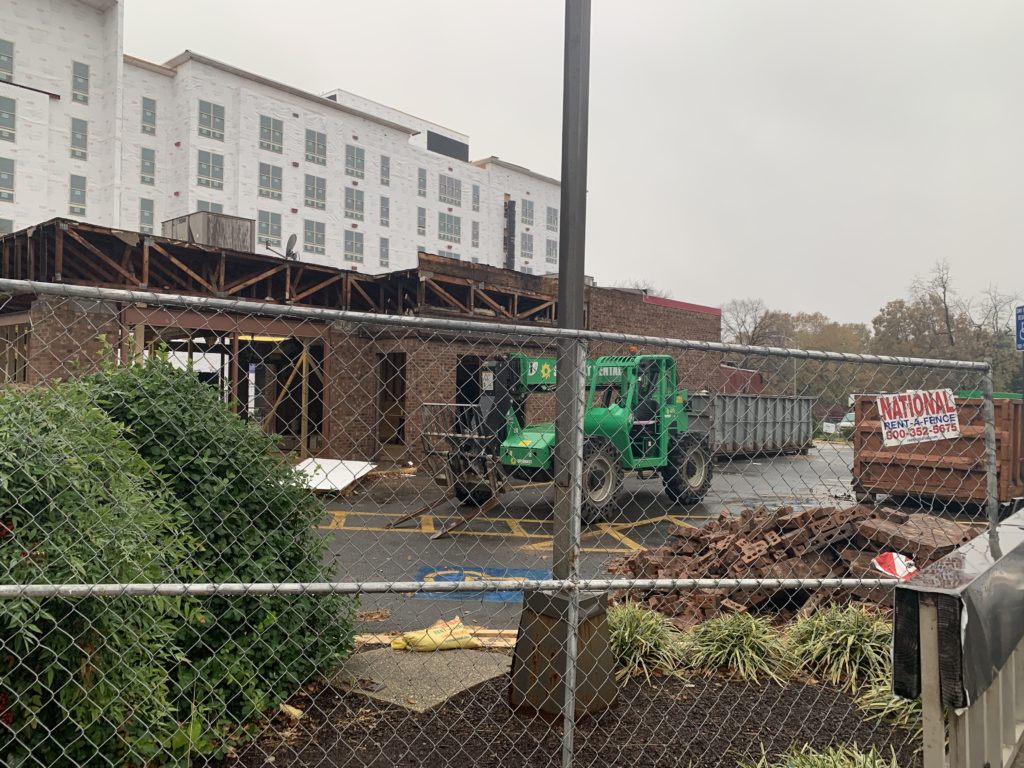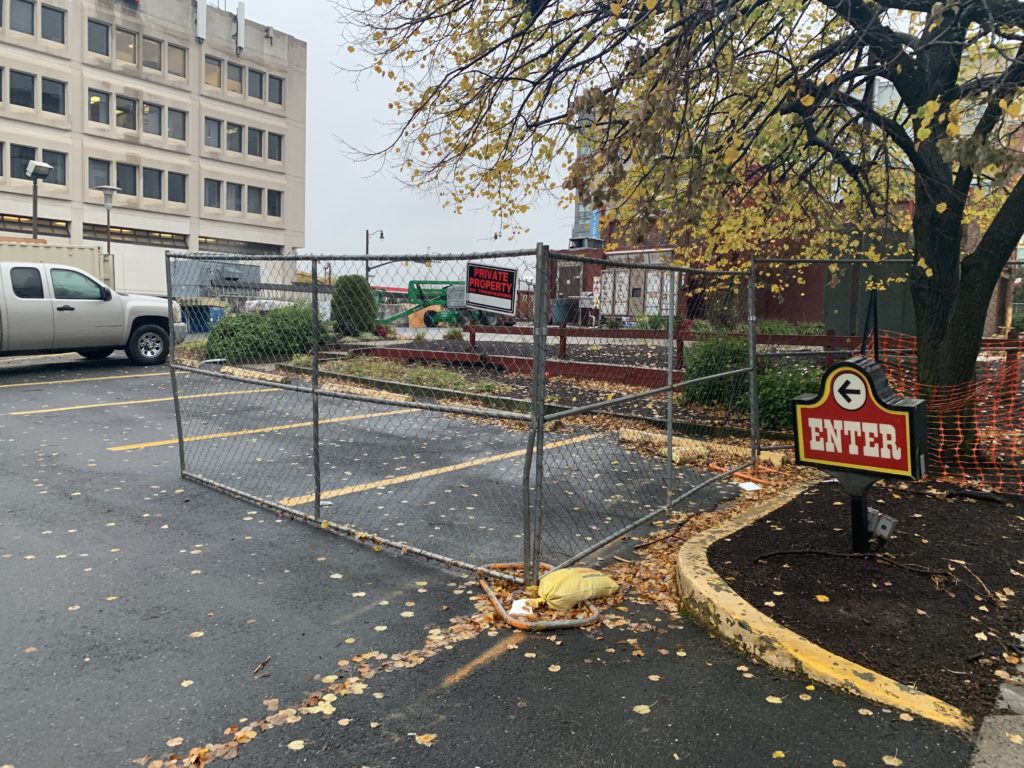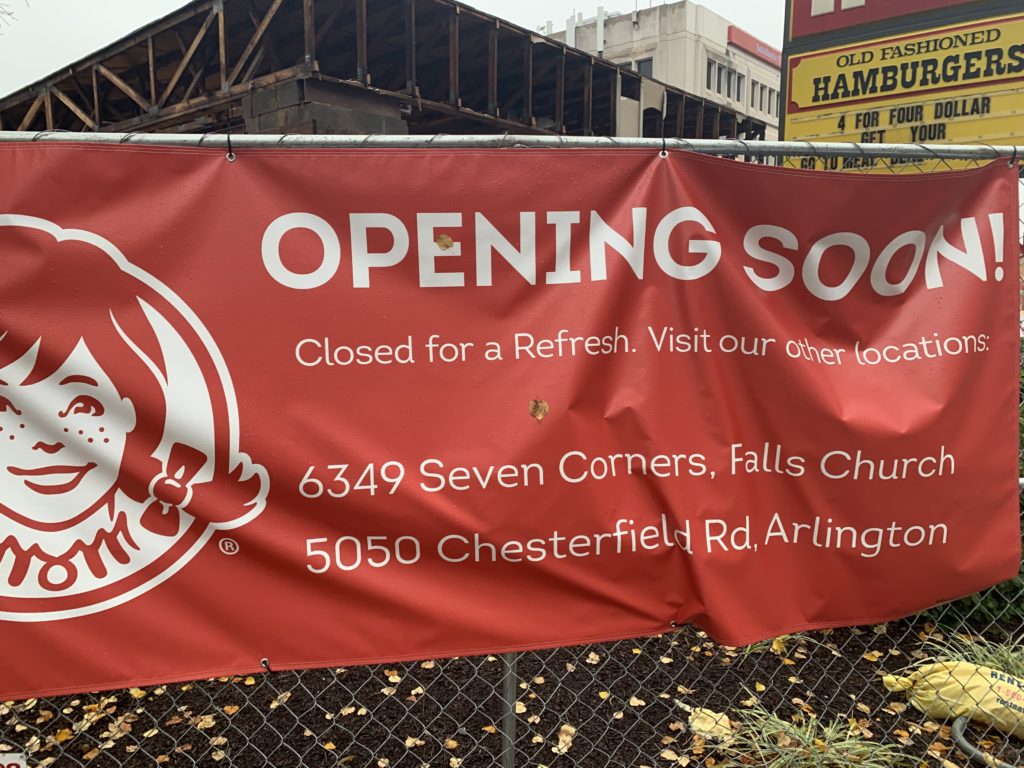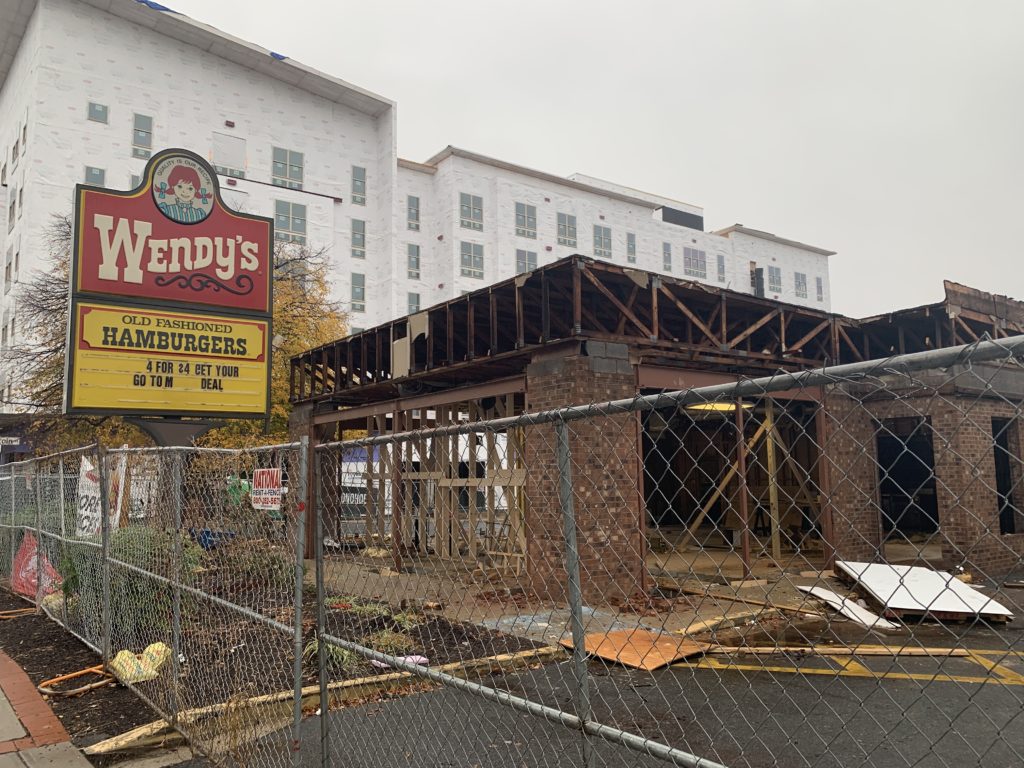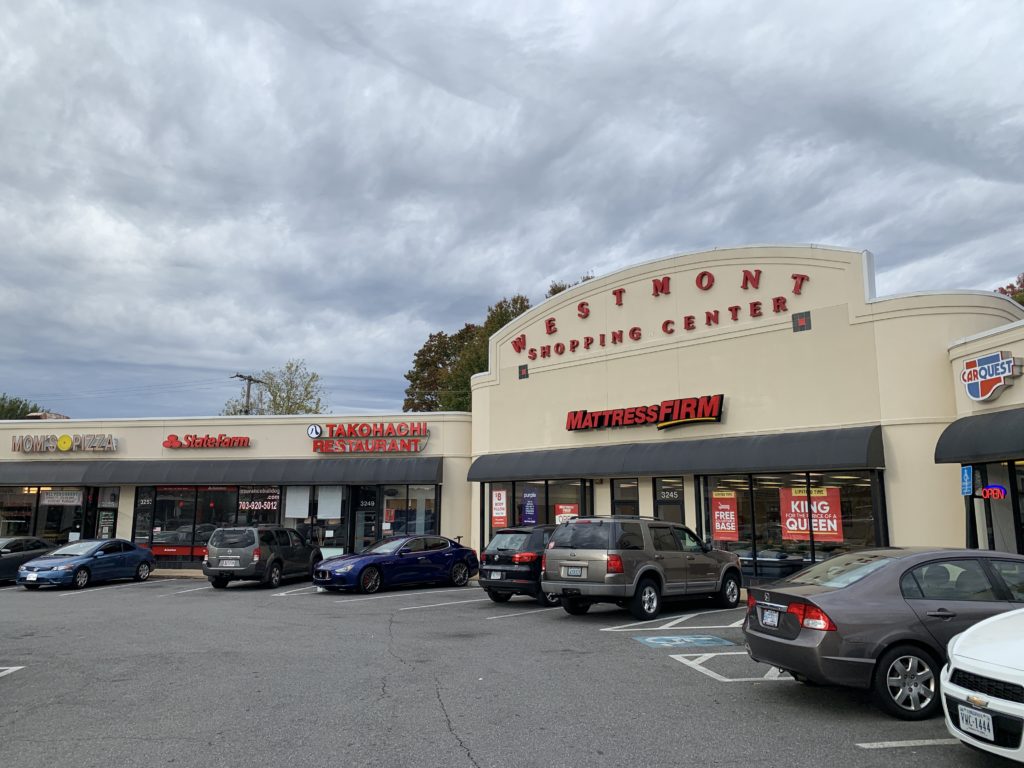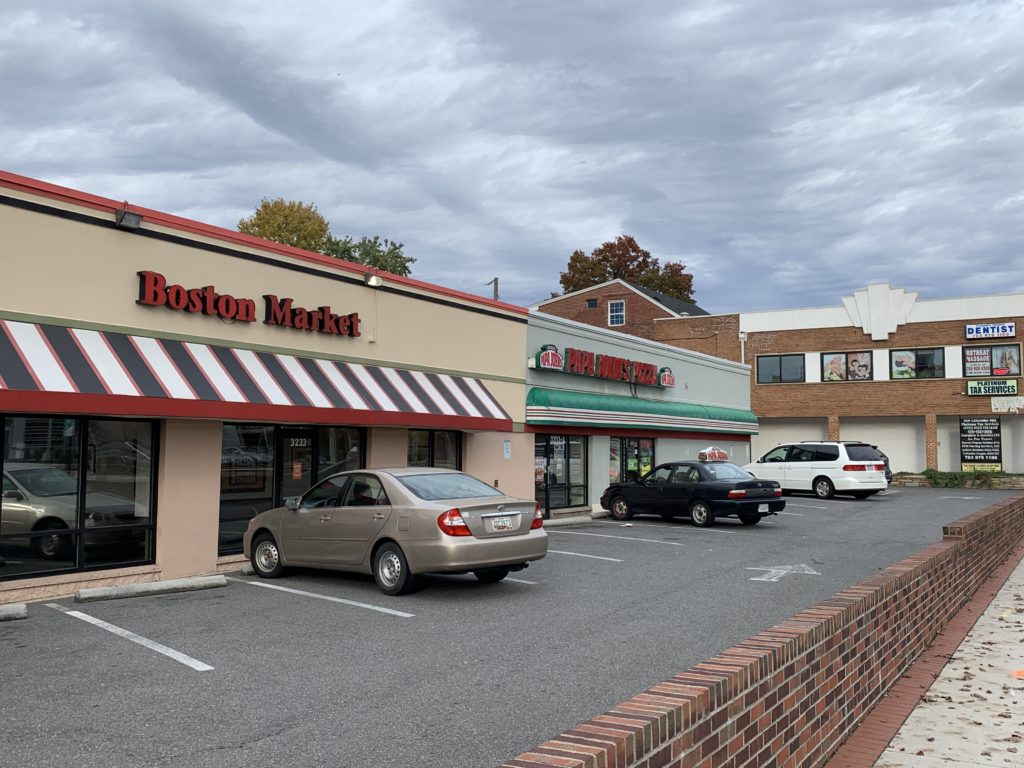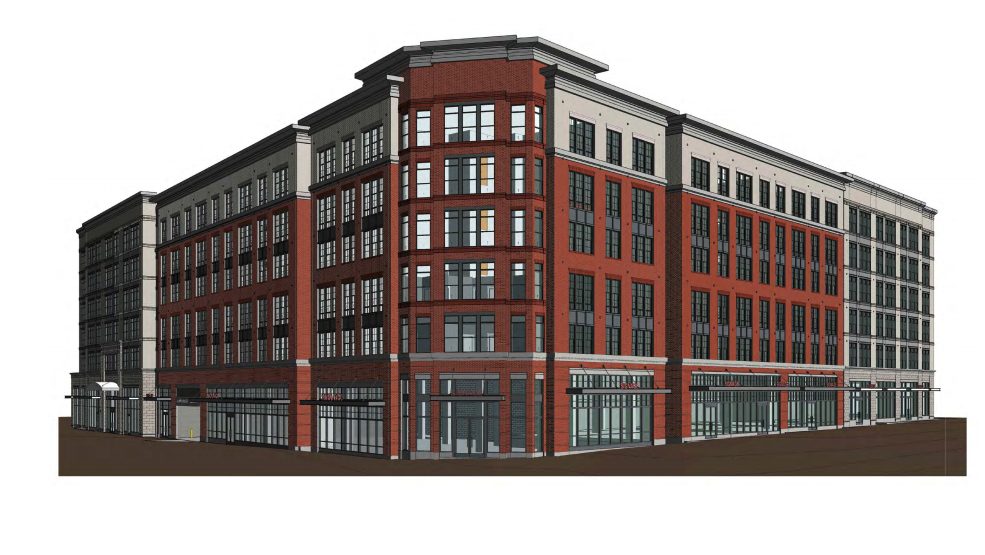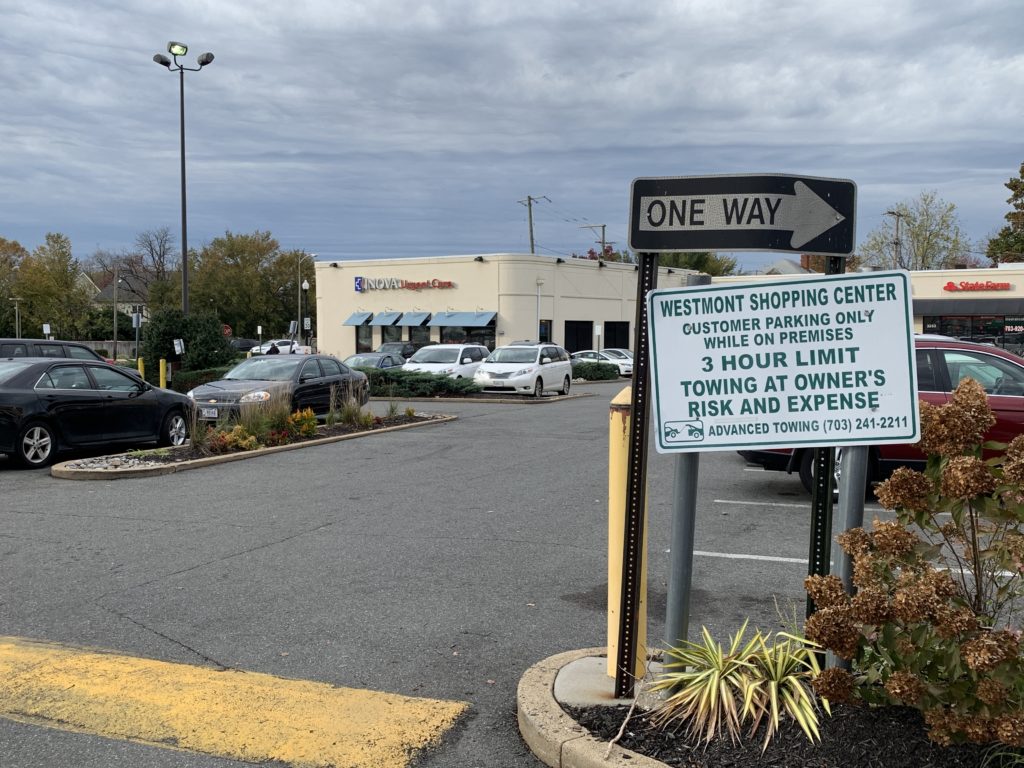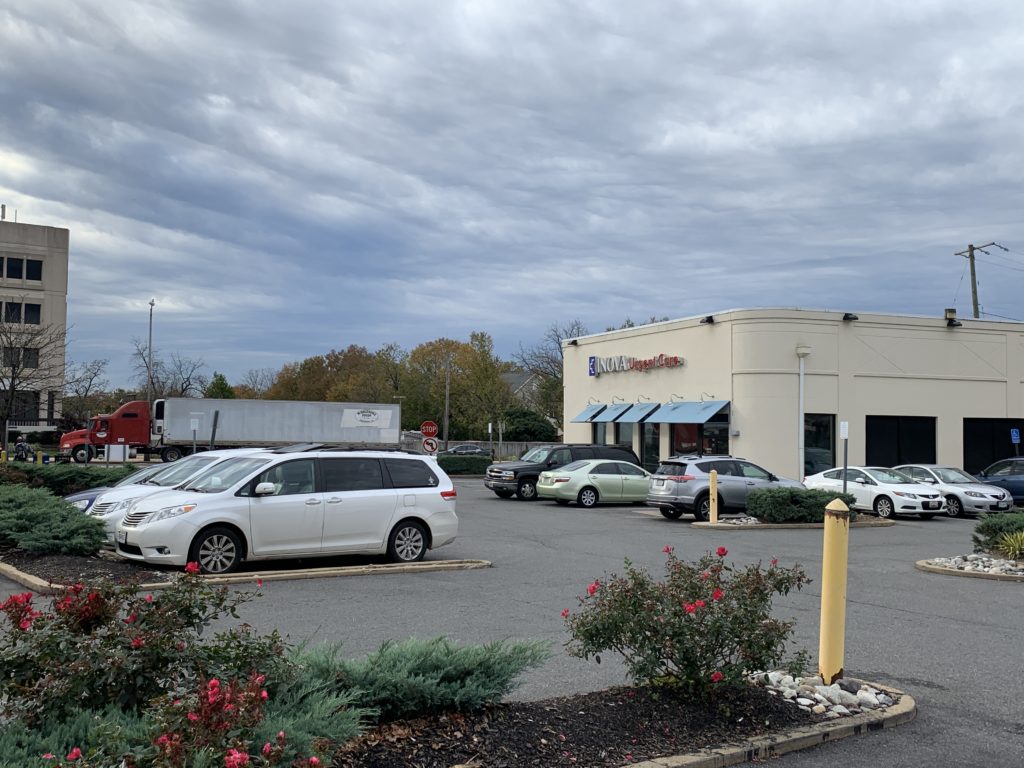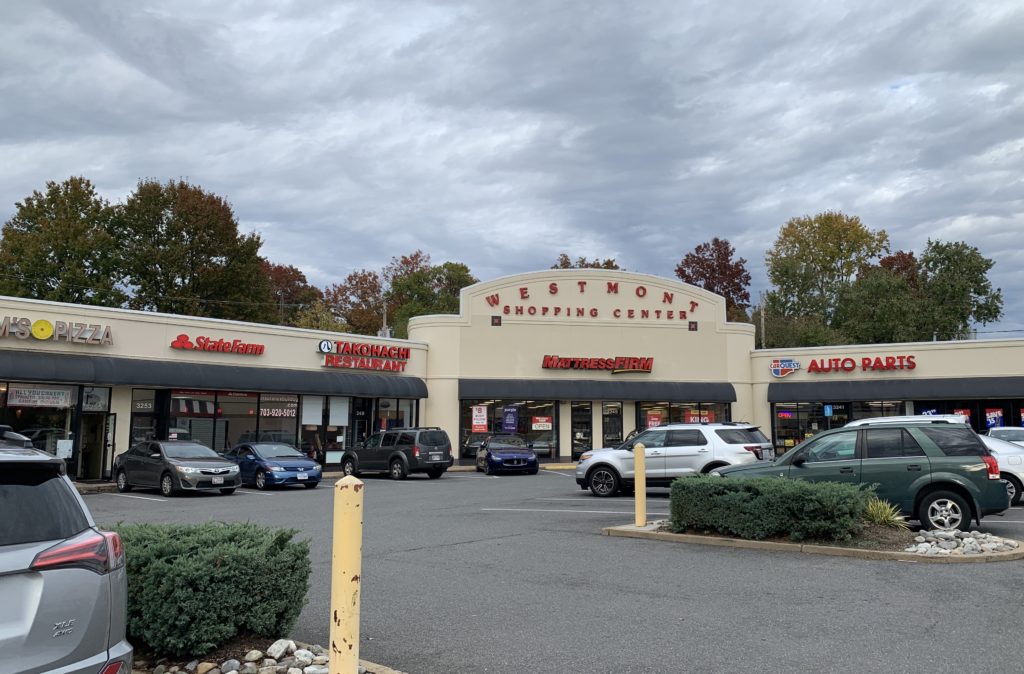For people fearful about how Amazon will impact Arlington, a single question tends to rise above all others — will the company’s arrival price me out of my home?
There are certainly plenty of other concerns surrounding the company, and the 25,000 jobs it has promised to bring to its new home in Pentagon City and Crystal City, stemming from its highly criticized business practices to its potential impact on roads and transit in the region.
But concerns about housing affordability have most consistently come to the fore since Amazon’s announcement that it would be setting up shop in Arlington, as renters worry that the company’s army of well-paid workers will set off an explosion in home prices and push them deeper into Northern Virginia’s suburbs.
In selling the proposed deal to bring the Amazon headquarters to the county, officials have argued that these fears are largely overblown. Over the last few months, all manner of local leaders have claimed that the company will arrive slowly enough for Arlington to absorb the new residents, and that the county won’t be forced to house every single one of the workers who will spend their days in the new office space.
And, in general, academics, advocates and real estate watchers around the area agree with that line of thinking. For the most part, the experts surveyed by ARLnow on the issue don’t believe that Amazon will have the sort of apocalyptic impact on housing and gentrification that some skeptics fear.
Yet they also caution that the company will almost certainly still push many people out of the county, particularly those of more modest means living in South Arlington neighborhoods. While the county may not face the same massive disruptive impacts as Seattle, which is still struggling to integrate one of the world’s largest companies into its metro area, observers warn that it would foolish to minimize the size of the challenge Arlington is facing.
“I don’t agree with the view of impending doom that Arlington will become San Francisco due to housing problems, but there are real concerns here to address,” said Eric Brescia, a Fannie Mae economist and a member of Arlington’s Citizens Advisory Commission on Housing.
The case against Amazon panic
Fundamentally, the argument minimizing Amazon’s impacts on the housing market includes the same key points.
First of all, the company plans to bring its 25,000 workers to the new headquarters over the next decade or so, not all at once. And, even then, not all of them are likely to live in Arlington, the thinking goes — many could choose to move to other Northern Virginia suburbs, or even to Maryland and D.C., to take advantage of Arlington’s connection to public transit networks.
Many other employees set to work at the headquarters probably already live in Arlington, considering that Amazon says it chose the D.C. region due to its bevy of “tech talent” already in the area.
That means that county leaders are planning on seeing closer to 15 to 20 percent of Amazon’s workers relocate to Arlington specifically, an influx of (at most) 5,000 people. In fact, a report prepared by George Mason University’s Stephen S. Fuller Institute as part of the state’s courtship of Amazon estimates that more than twice as many of the company’s workers will move to Fairfax instead of Arlington.
“This isn’t based on a wish, but based on our prior experience with other large employers,” said County Board Chair Christian Dorsey. “Can we guarantee it? Of course not… but this is the best we can do in projecting how this investment does and does not look like other investments that we’ve had.”
County Board member Erik Gutshall also points out that the D.C. region as a whole has been in the midst of a massive explosion in growth in recent years, and Amazon could merely feel like a drop in the bucket. Based on regional projections, Gutshall says the company’s is “expected to account for about 5 percent of regional job growth over the next 12 years.”
“That, to me, says this alone is not going to be a major driver of housing affordability problems,” Gutshall said.
Regional observers believe that the broad strokes of that argument are accurate.
Brad Dillman, the chief economist for national real estate developer Cortland, points out that Crystal City and Pentagon City both have slightly higher residential vacancy rates than the D.C. metro area as a whole, leaving some room for Amazon employees moving in.
And Christopher Ptomey, the executive director of the Urban Land Institute’s Terwilliger Center for Housing, notes that it’s hardly uncommon to see large government agencies (or other big companies) move into communities around the Northern Virginia area. Based on Arlington’s own past experiences with such changes, he sees no reason Amazon employees would behave any differently.
“Some people come here and decide Arlington has great schools and is convenient, so they’re willing to pay a little bit more to stay here,” Ptomey said. “Others prefer a bigger house and a wider lot and lighter traffic. I don’t think Amazon employees going to be particularly unique in that way.”
Uncertainties abound
Yet, with so many unknowns about the company’s plans still remaining, experts caution that it’s hard to make too many definitive declarations about the make-up of the company’s workforce just yet. That complicates efforts to make predictions about how they might behave when they arrive.
“We need to know: what’s the age range and family type of these workers?” said Jenny Schuetz, who studies housing policy as part of the Brookings Institution’s Metropolitan Policy Program. “A bunch of 25-year-olds will want to live nearby, but they pay a lot more in taxes than they consume in services. More older families will require more space in high-performing schools, but some will want to live farther out.”
Indeed, Schuetz and other analysts warn that the county shouldn’t offer too much certainty about Amazon’s precise impacts until officials start to see how the company’s arrival changes the region.
Arlington officials have simultaneously downplayed the number of people arriving along with Amazon, while also trumpeting how other high-priced tech companies will likely flock to the area to do business with Jeff Bezos’ firm. Until Arlington can evaluate just how real that downstream impact is, experts say it might be useless to simply study just Amazon’s workforce.
“Will just Amazon come here or is this the beginning of D.C. becoming a major tech hub?” Brescia said. “That’s really unknown.”
But Schuetz notes that research shows, in general, “each new tech job spins off roughly five additional jobs.” That might be good news for the county’s economy, but it also complicates the math of predicting how many people will flow into Arlington.
“We know that big headquarters like this have a multiplier effect,” Schuetz said. “They will need supportive services and restaurants to serve the campus directly.”
However many people associated with the company ultimately arrive in Arlington, analysts point out that they are likely to be quite wealthy. The terms of the state’s proposed deal with Amazon require an average annual salary of $150,000 for the company’s employees, and other tech workers bound for Arlington are likely to pull in similar sums.
Even still, Dorsey believes those salaries “are not out of scale with typical earnings in the area,” minimizing the impact they’ll have on the county’s home prices.
A ‘housing crisis’ for low-income renters?
But critics of the county’s pursuit of Amazon believe that sort of mindset ignores the current conditions in Arlington, which already pose problems for renters. Tim Dempsey, a member of the steering committee for the progressive group Our Revolution Arlington, points out that many Board members (including Dorsey himself) won office based on pledges to combat the county’s pre-Amazon “housing crisis” for low-income people and the middle class alike.
“We already don’t have housing for middle-income earners, whether that’s school teachers, firefighters or policemen,” Dempsey said. “The county never asked the community if it was a good idea to bid for this, and when we raised these issues, we were told it was premature to even talk about this.”
Ideally, Schuetz says that Amazon’s workers and their peers won’t be competing for the same types of housing as the people Dempsey is worried about. In all likelihood, “if they’re displacing people, they’ll be displacing other high-income households” by moving into Arlington’s high-rent Metro corridors.
Dillman also foresees developers adding plenty of new housing around the new headquarters, noting that the pace of development has been especially slow in Crystal City as the area’s office vacancy rate has skyrocketed. That should, in theory, provide plenty of new, high-end homes for Amazon arrivals.
The “danger point” that Schuetz fears is what becomes of the “low-cost, older housing” in neighborhoods elsewhere in South Arlington, particularly along Columbia Pike, or in North Alexandria.
“Those could be the targets for redevelopment, where you could potentially charge higher rents,” Schuetz said. “And that’s the area where we’d see displacement.”
Michelle Krocker, the executive director of the Northern Virginia Affordable Housing Alliance, agrees that the fate of apartments running from the Pike to Bailey’s Crossroads and even Seven Corners is one of her prime concerns. But her research also suggests that observers “shouldn’t assume everyone will jump on the bandwagon and sell.”
“Many of these buildings have been in the same family for generations, going back to 1950s, 1960s,” Krocker said. “That means there can be tax consequences and liabilities if they entertain selling. And, for many, the buildings are cash cows.”
Of course, the county could take additional steps to preserve those sorts of buildings to address the issue. And officials say they’re already mulling all manner of strategies to combat housing affordability challenges.
To Brescia, how the county follows through with those plans could provide the clearest answer for anyone searching for the exact extent of Amazon’s impacts.
“It will all really depend on the policy response to this, across the region,” Brescia said.


